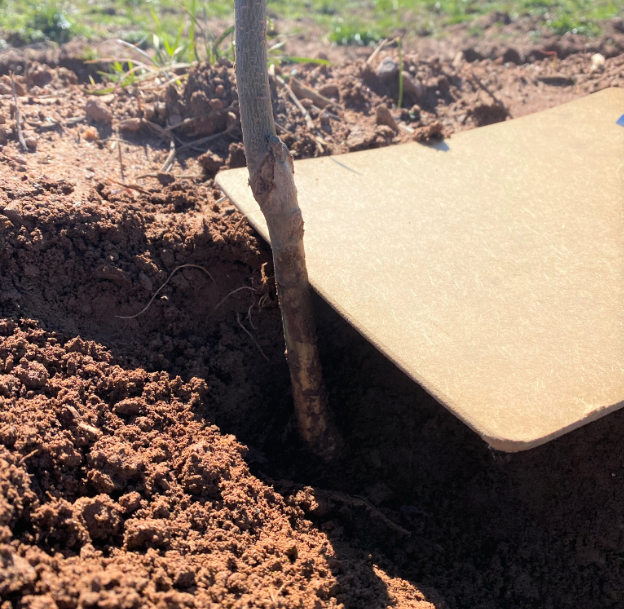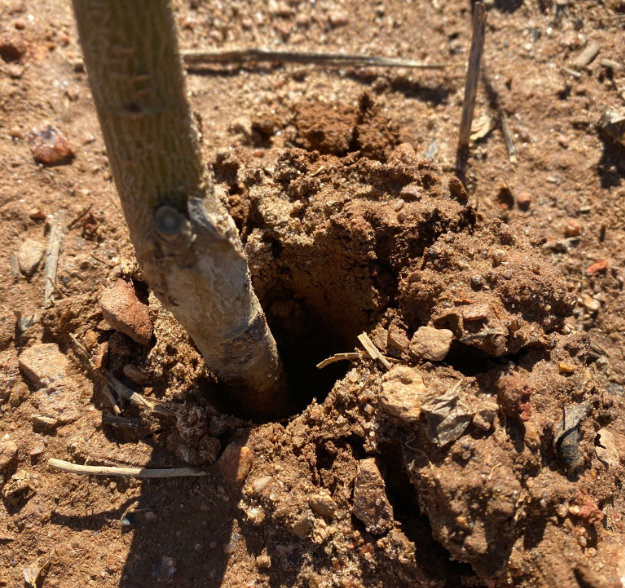Clemson Extension agents provide updates in the The South Carolina Grower this week about the status of various crops being produced throughout the state.
Weekly Field Update-2/8/21
Statewide
Dr. Matt Cutulle reports, “With the cold temperatures we have been consistently having, it might be good to use Prefar or Dacthal for PRE herbicides instead of Treflan in new collard plantings to avoid injury.”
Midlands
Justin Ballew reports, “Last week was pretty cool and it looks like this week will be about the same. Things are a little slow in the fields, but folks are preparing land for spring plantings and harvesting a little mustard, collards, and herbs. Strawberry growers are still working on sanitizing. Now is also a good time to make sure drip systems are hooked up and ready to go when it’s time to start fertigating. Deer are still wearing out the plants in some fields. Temporary deer fences aren’t that expensive and they can pay for themselves by preventing the degree of damage seen in the photo below.”


Upstate
Andy Rollins reports, “We are still in the middle of establishing new peach orchards and inspecting strawberry plantings. I met with new and experienced growers and want to point out most common mistake made. Strawberry wise, I found mites on only one farm growing chandler plugs. Some of the mites were still in diapause (hibernation) and will be orangeish in color, but there were plenty of active adults and eggs out as well on that farm. Expensive miticides are not effective if mites are not present. The most common mistake made in planting peaches is planting them too deep. To look at the picture below, you wouldn’t think anything was wrong, but the first main root is actually about 4 inches too deep. Please make sure when you are finished planting that the first main root is within the top inch of the soil. An easy way to tell they are too deep is if they have created a hole around the stem from wind movement. Anywhere you are growing in heavier clay soil this becomes even more important. We are still spraying oil and copper on peaches and probably will continue till bloom.”











